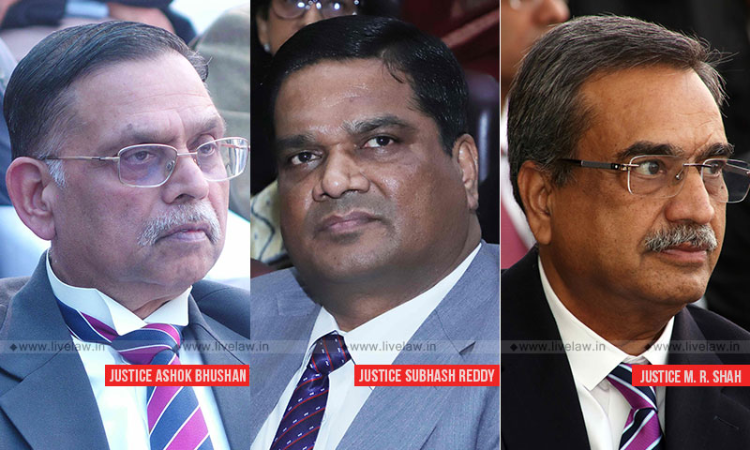The Supreme Court reiterated that the power of a Trial Court under Section 319 of the Criminal Procedure Code to proceed against other persons appearing to be guilty of offence is a discretionary and extra-ordinary power which has to be exercised sparingly. In this case, the Trial Court, allowed one such application filed by the de-facto complainant and summoned a person. As he did not appear,...

